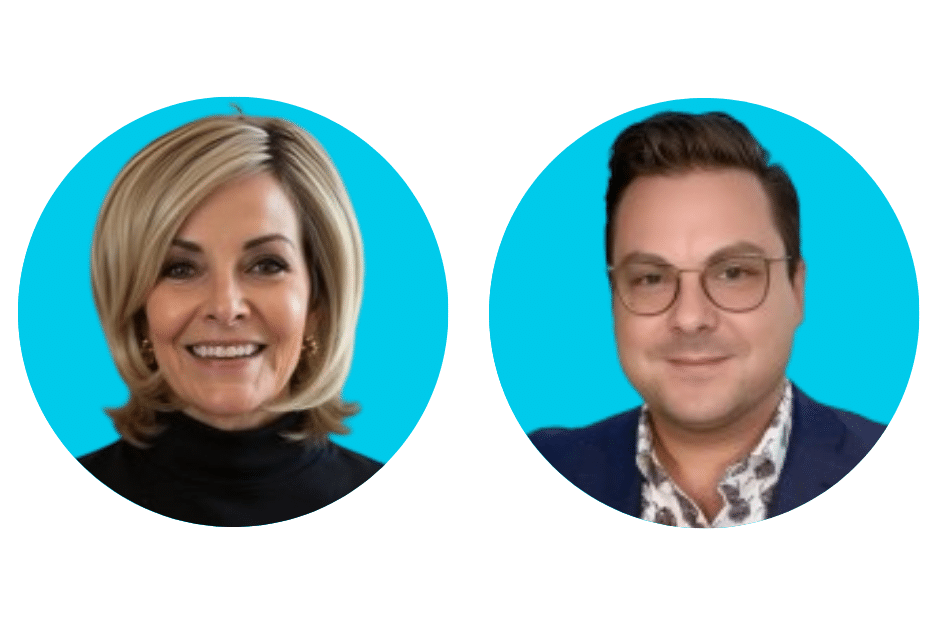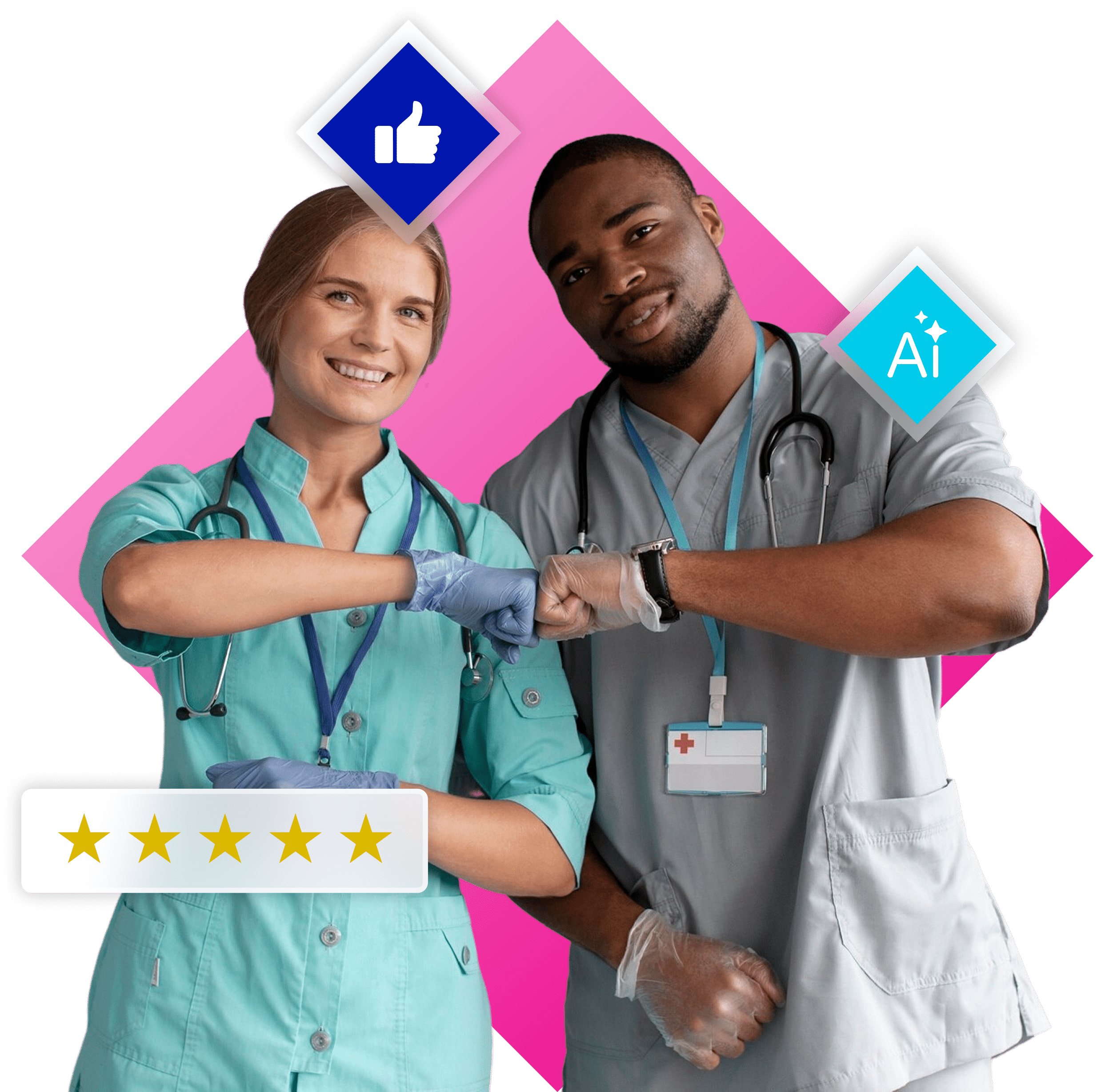
Glenna Crooks, PhD and Paul Hambly, EVP of Supply at Toluna
AI is transforming industries across the board, and healthcare is no exception. This is the eighth in a series of articles reviewing physicians’ perspectives on GenAI. This article reveals the depth of physicians’ belief in the power of medical oaths and uncovers a profound trust gap that hits at the essence of what it means to be engaged in a healing enterprise.
A proposal for a GenAI oath
An oath for GenAI in healthcare aligns with traditional medical oaths, which date back to the Hippocratic Oath from the fifth century BCE. The fundamental elements include:

Physicians support taking a GenAI oath
When asked if they would take an oath concerning the use of GenAI, 73% said that physicians should, and 77% said that physicians would. Among the 25% who would decline, the majority (86%) would do so because they viewed it as redundant and merely symbolic. The remaining physicians had liability concerns (8%), disagreed with how the responsibilities were framed (3%), distrusted GenAI or its governance (2%), or said that it was not relevant to their role (1%).
Physicians support oath-taking by other ecosystem players
Physicians want others in healthcare to make similar oath-type commitments. When asked which players should take the oath, they named:
Why is this important?
The answer lies in understanding healthcare as what one physician called “a sacred endeavor.” For over 2,000 years, medicine has evolved intentionally slowly: from Hippocratic observations to evidence-based clinical trials. This conservative approach exists because a physician’s job requires moral conduct and accountability, as described in medical oaths.
Technology, in contrast, operates on a “move fast and break things” ethos that prioritizes rapid iteration and acceptable failure rates. This philosophy works in most industries. But in healthcare, “breaking things” can mean harming people.
Our survey data shows physicians understand this cultural collision:
What physicians want
The survey reveals that physicians aren’t anti-technology; they’re pro-accountability. They want partners who understand that entering healthcare means entering a healing tradition that predates recorded history.
Endnote:
As part of our “AI Everywhere” strategy, Toluna is committed to helping organizations navigate the opportunities and responsibilities that AI brings with it. We partnered with Glenna Crooks, PhD, a recognized policy strategist in global healthcare, to engage over 2,000 physicians on their views of generative AI.[1]
Using Curizon, Toluna’s proprietary panel of healthcare professionals, we explored perceived benefits and risks of AI in healthcare, accountability in the event of harm, and the need for ethical guidelines. The research also examined the advisability of a GenAI Oath modeled after traditional oaths taken by healthcare professionals.
[1]This survey was scripted and programmed by Toluna and fielded in February 2025 with 2,739 healthcare professionals in Toluna’s proprietary healthcare panel Curizon. Survey author: PersonaPanels & Glenna Crooks, PhD. All percentage data points and significance markers (p < 0.05) are derived directly from the survey cross-tabulation analysis.




